Meet A Deac
It’s Monday – let’s jump right in to Meet A Deac! Today I am pleased to introduce you to another one of our faculty members, Jeff Solomon. 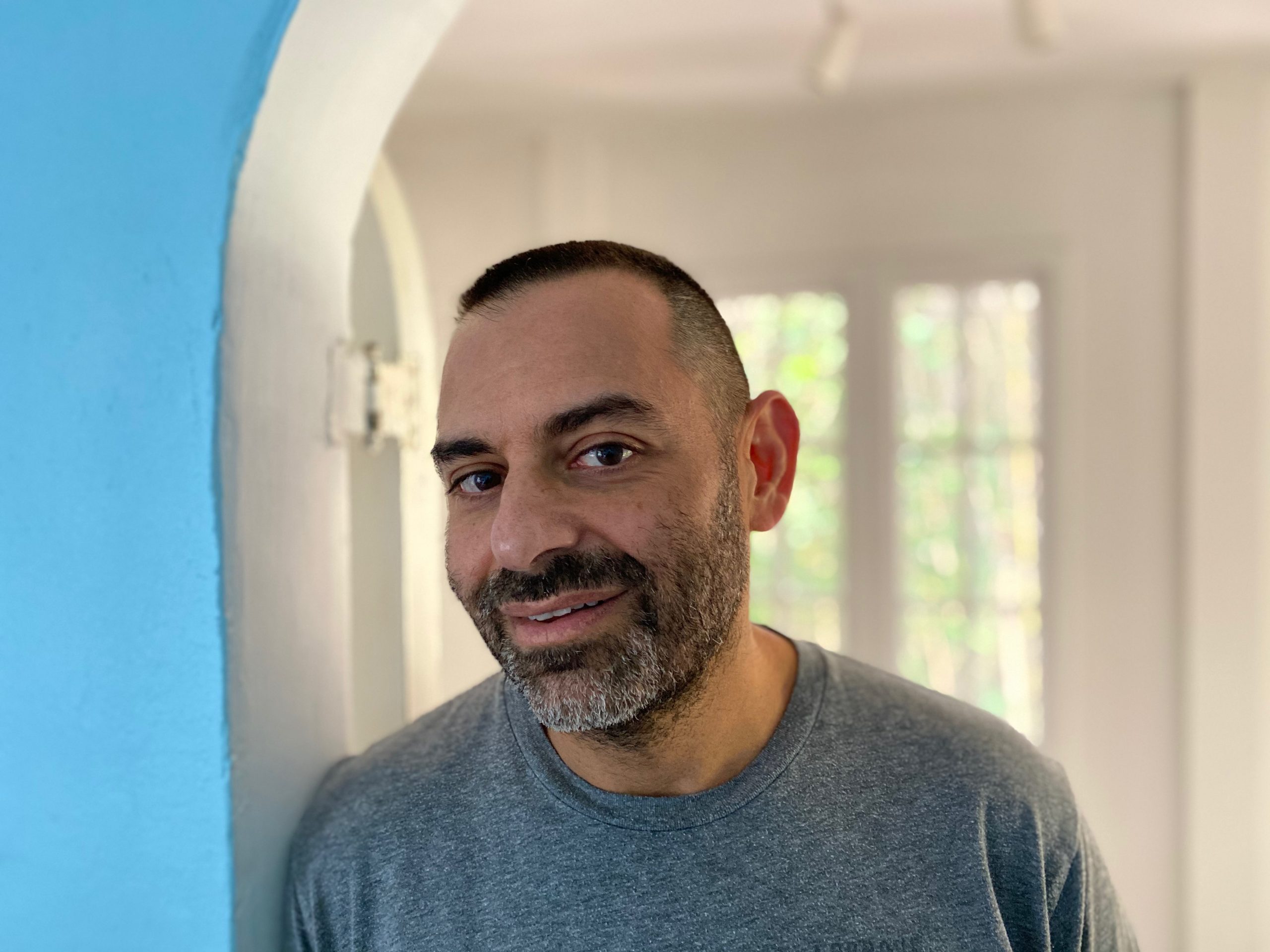
Jeff, thank you for agreeing to be this week’s Meet A Deac. Let’s start by having you tell me your job title. My title is Associate Professor of English and Women’s, Gender, and Sexuality Studies.
And how long have you been at Wake Forest? Since the fall of 2017 – so five years.
Tell me a little about your educational background. I went to college too young (at least for me) at the age of 16, and I just kept going until I got it right. My first degree was in English at the University of Pennsylvania, and then I earned an MFA in Fiction Writing from the University of California–Irvine. After a few years of being professionally bohemian, I received a doctorate in literature and a graduate certificate of Gender Studies from the University of Southern California.
Describe your job in layperson’s terms, please. Primarily, I teach literature concerned with gender and sexuality. I also teach visual narratives, especially graphic novels, and film. As I was trained as a fiction writer and taught creative writing for many years, I am interested in how fiction is written and often include creative writing exercises in my teaching. Writers often have a different perspective on fiction than critics do, and I try to include both. In the WGSS department, I teach Introduction to Sexuality Studies, an interdisciplinary introduction to the field which asks what “natural” and “obvious” ideas about sex turn out to be unnatural and complicated? How does sexuality shape – and how is it shaped by – the social, religious, political, and economic practices of different societies? I like this class very much.
How would you describe your research to someone who knows nothing about your field? Well, first I would deepen my voice and wear a serious expression, as many people get uncomfortable when you talk about anything that has to do with sex in a serious way. Then I would tell them about my first book, which was about two writers (Gertrude Stein and Truman Capote) who were very, very gay at a time when, supposedly, being open about queerness prevented writers from being successful. Scholars of gender and sexuality view the period from the Oscar Wilde trials to the Stonewall riots as a time when queer writers had to either stay closeted or be censored, and this was true for many writers—but not Stein and Capote, who became mass-market celebrities, so famous that you didn’t have to know how to read to know who they were. I tried to figure out how this happened, and what it meant. 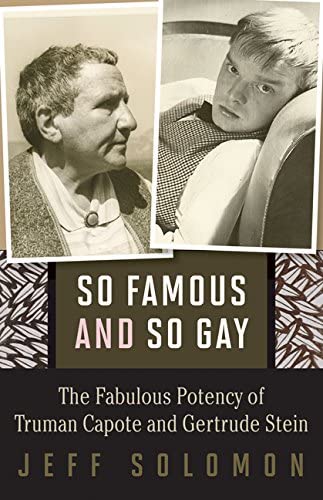
The book I am writing now is about a similar paradox: how many of the most popular books and films at mid-century were both mainstream, mass-market products and made by and for queers, with special significance for them. Consider musicals, which were as mainstream as you could get in the first part of the 20th century, but which are also very, very gay. Usually, we view art that reaches an oppressed population as being subcultural, but this was not always true for the queer community, and I am fascinated by that. We expect there to be a Gay Underground, but a Gay Overground before the Gay Rights movement is just weird.
I was on leave, researching this project, when the pandemic happened, and archives closed down. So, with the help of Dr. Carrie Johnston and Dr. Heather Barnes in ZSR Library, I pivoted to a digital humanities project. One of the difficulties with my new book was proving that particular films were important to the gay community: How do I PROVE, for instance, that The Wizard of Oz is an important gay film? The Queer Repertory Project is a searchable database of films shown at queer film festivals that provide a quantifiable claim for a “queer repertory.” The database currently compiles 1157 viewings of 839 different films at 185 different festivals. Only 19 of these 839 films thus recorded have been shown more than five times: our tentative core repertory. 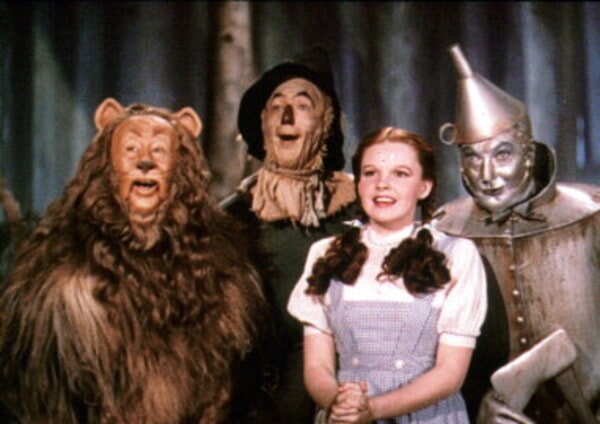
One of the best parts of working on this project has been working with undergraduate Research Assistants, who have been trained in humanities database management. The RAs have gone to conferences and attended Digital Scholarship Institutes with the rest of the team, and one did invaluable independent research in a physical archive. Our new RA, Emma Lauerwald, is a junior and we are glad to be working with her.
What excites you most about your field or your research, and how does that translate into your classes or lab? Is it in poor taste to say that I like sexuality? Literature and sexuality are two of the most vital forces in my life, and I am lucky to be paid for thinking about them. I also appreciate the political aspect of what I do. I was a frightened kid who turned into an angry (though not very good) punk rocker, and my family’s difficulties with my sexuality led to my estrangement from them for more than a decade. Literature is one of the best ways of learning about the inner lives of other people; it’s an effective means of extending empathy, as you are literally in the head of whomever tells the story. I am excited by being able to share the story of oppressed queer people to my students, and I hope that in both my lit and my sexuality classes, they find perspectives and information that is valuable to them.
What would you say to a student considering a major in your department? Do it! More seriously, I would ask students if the thought of studying English or WGSS makes them happy. The answer is usually “yes” for students who are considering majoring in these subjects; I have never met anyone who majored in Gender Studies or English out of a sense of obligation. Their concerns instead (or their family’s concerns) are usually about the “real world” and how these majors apply.
I usually talk to these students about how many of the most successful businesspeople did not major in business in college, and that the knowledge of human nature and society that is afforded by WGSS and English is invaluable in the “real world.” I suggest that an internship is often more valuable in the “real world” than course world. I might also ask students if they want to let fear and anxiety drive their life decisions. But usually I don’t say much: in my experience, students already know what they want to do. They just have not found a way to give themselves permission to do it.
What is your favorite class to teach, and why? I like all my classes! Well, almost all of them. I have four that I keep coming back to: Girls Gone Wild, which looks at changing standards of appropriate behavior for women in the 20th-century U.S. in fiction and film; Invert, Pervert, Bull Dagger, Queen, which looks at different ways that queer sexuality was understood in 20th-century literature; Visual Narratives, which is a formal consideration of graphic novels and their vocabulary; and Introduction to Sexuality Studies, which I talked about earlier.
What do you like best about working at Wake? Oh you can tell from everything above that I’m thrilled to be here! I’m aware every day of how lucky I am to have this job.
Now it is time for the bonus questions!
Book(s) you are reading now: Well, I read a lot. Right now on my bedside table is a book about 1970s Hollywood called Always Crashing in the Same Car by Matthew Spektor. I am also reading a French book called Carrot Top by Jules Renard, a memoir of his childhood as a red-headed boy. There’s also a science fiction book called Arcadia by Emmanuelle Bayamack-Tam. I just started that and don’t know what it’s about. I don’t like to read the back of books because I like to be surprised. 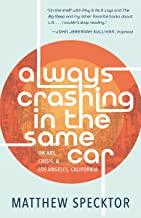
I do like to listen to podcasts when I’m driving or doing domestica. I listen to crime/social justice podcasts (I like In the Dark), I listen to Hollywood podcasts (I like You Must Remember This and use it in class sometimes), and more and more I listen to actual play podcasts of RPG (role-playing games), which I started doing during the pandemic. These are fascinating from a narrative perspective because they are communally created in real time, and because they have an aleatory aspect, by which I mean that a lot of what happens is determined by chance (say, dice rolls). Also I have never played Dungeons & Dragons or any other role-playing games, so they are a window into a mysterious world. They also help me fall asleep. I listen to one called These Flimsy Rituals whenever I want to take a nap. I recommend Season 2. 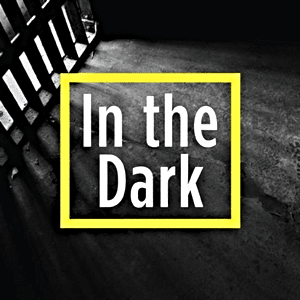
Favorite movies/TV shows/Netflix, etc.: About 10 years ago, I decided that my specialty was 20th-century cultural production, and one of the ways I take that seriously is by watching a lot of movies and television from the 20th century. So I subscribe to Criterion and am fairly serious about watching films that are important in some way in terms of gender and sexuality. Many of these films are not “good,” but I do enjoy and learn a lot about them. I also – for reasons that I don’t quite understand – watch a lot of television from Scandinavia and Catalonia. I have watched so much TV from Denmark that I can follow certain actors from series to series to series. Right now I am watching Merlì, a drama about college students in Barcelona, on Netflix. The students in Barcelona are not like the students at Wake Forest! 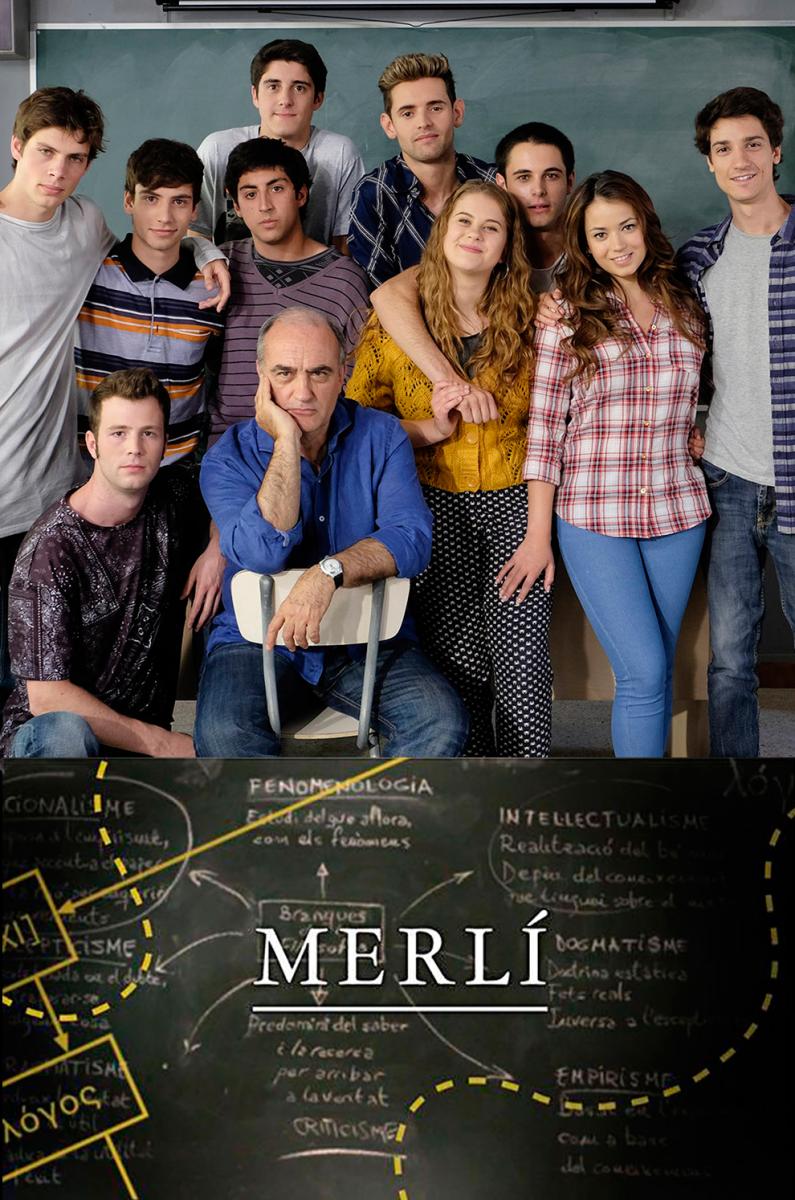
What do you enjoy doing when not at work? I try to spend time every day being physical. I lift and have had a fairly serious yoga practice for many years. Apart from that, I enjoy spending time with my friends, and with plants and animals.
Something most people don’t know about you: I have been with my partner since I was 22, which surprises most people.
What question didn’t I ask that you want to answer? I’m exhausted! I’ve said enough 🙂
Many thanks to you, Jeff, for being this week’s Meet A Deac, and for all you do for our students and our campus community.
Reminder: you can read past Meet A Deacs here.
